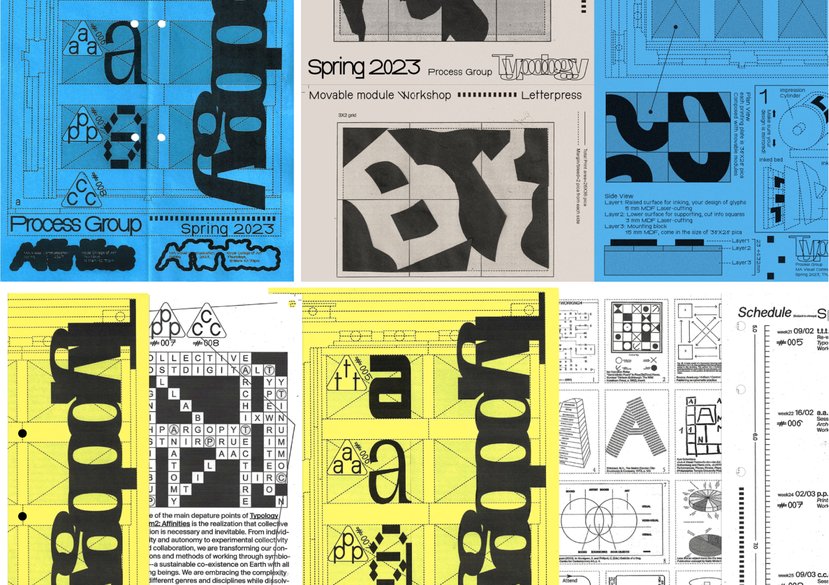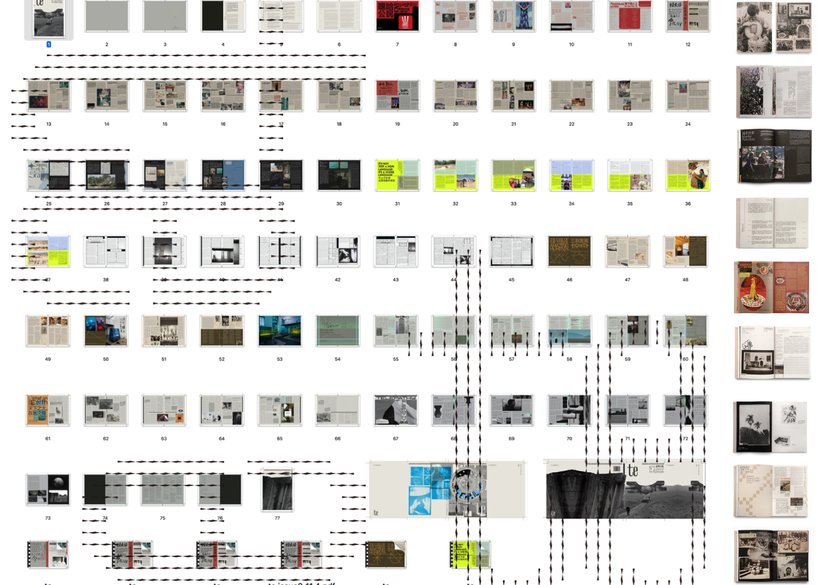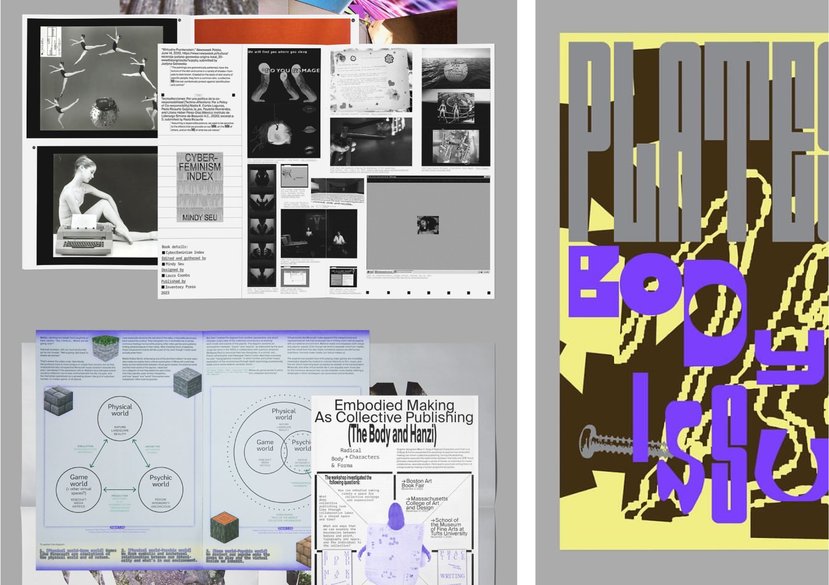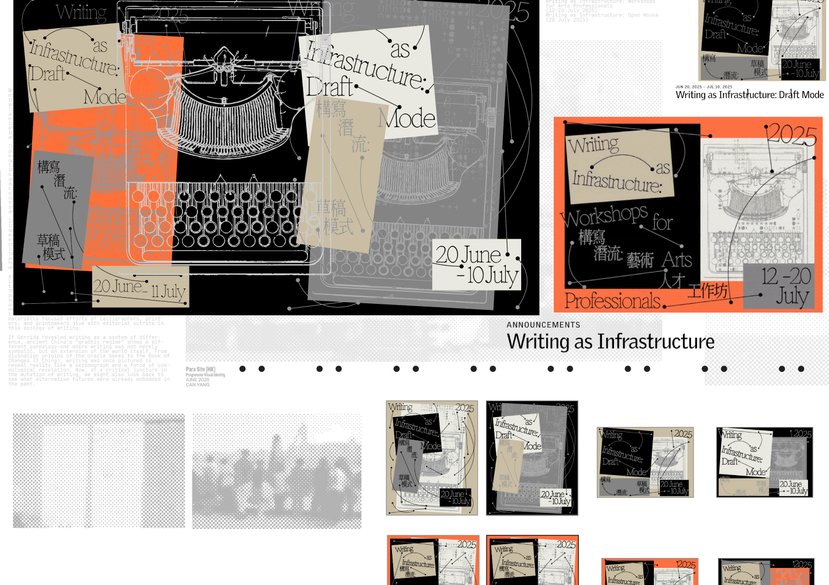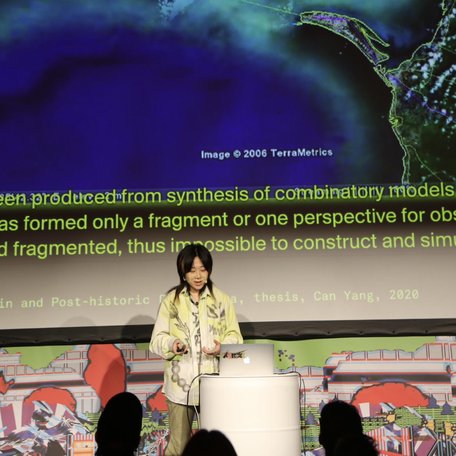
Can Yang is a designer, art director and academic whose research explores the intersections of visual communication, language and cultural identity. Her work spans publishing, image-making and experimental communication models, with a particular focus on underrepresented knowledge systems, cross-cultural dialogue and critical image theory.
Can teaches on postgraduate design programmes at the Royal College of Art and the University of the Arts London, and has delivered guest lectures and workshops internationally at institutions such as Pratt Institute, Hochschule Düsseldorf, Kingston University, Winchester School of Art and Bournemouth University. Can holds an Associate Fellowship of the Higher Education Academy (AFHEA) through UAL’s PG Cert in Academic Practice in Art, Design and Communication.
Can’s research explores the intersection of new media practices, image theory and visual communication, with a focus on how visual language can challenge dominant frameworks and facilitate cross-cultural dialogue. Her work engages with underrepresented knowledge systems and alternative modes of communication that respond to shifting cultural, linguistic and geopolitical contexts.
